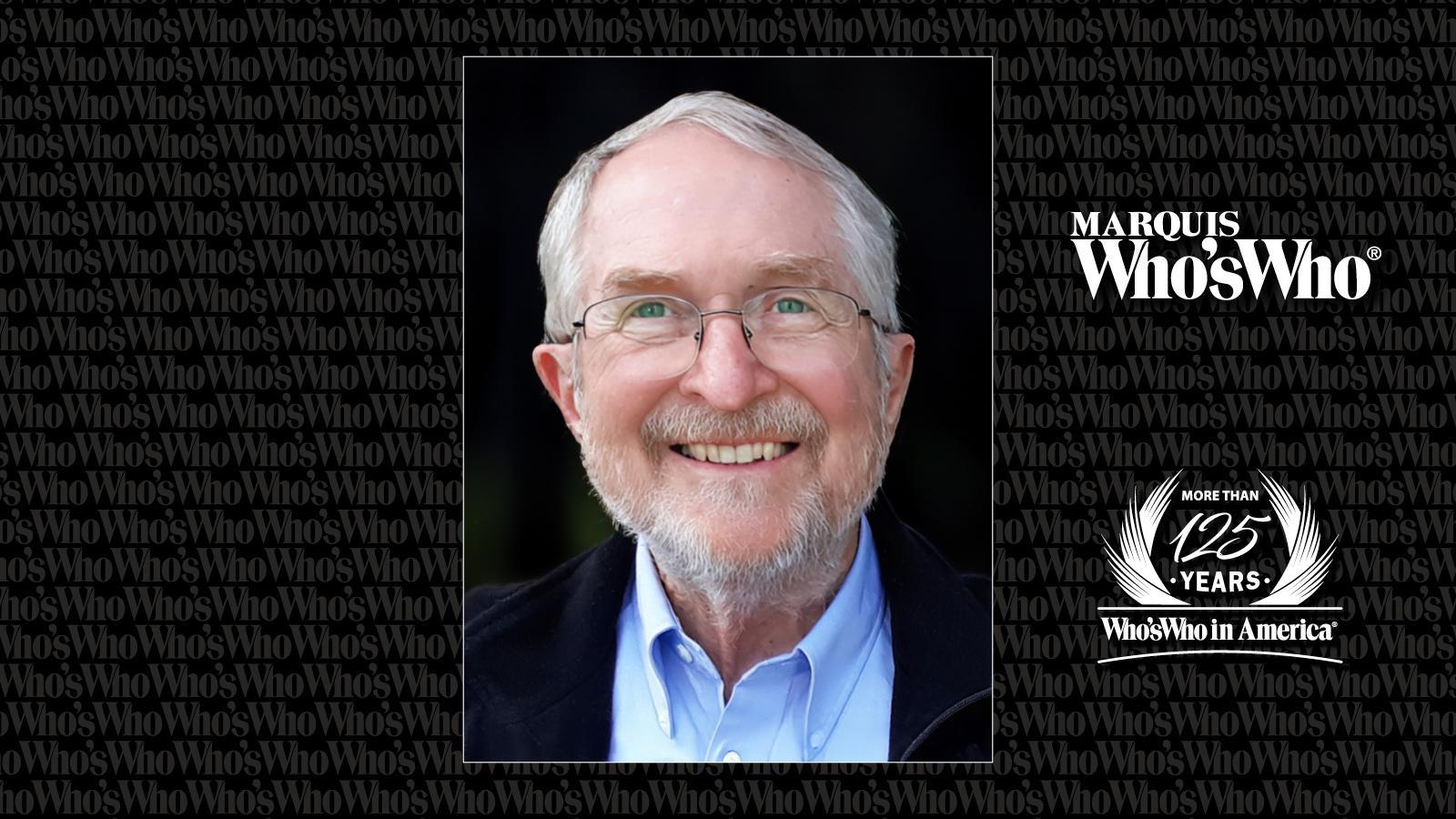UNIONDALE, NY / ACCESS Newswire / June 9, 2025 / Marquis Who's Who honors Howard Mielke, PhD, for his contributions to soil pollution research. A longtime adjunct research professor (retired) at Tulane University School of Medicine, Dr. Mielke has conducted influential work in environmental research, education and public health for more than five decades. His contributions have earned him the esteemed Marquis Who's Who Lifetime Achievement Award.

Global Perspectives on Environmental Health
Dr. Mielke holds a Doctor of Philosophy in geography from the University of Michigan's Rackham School of Graduate Studies and degrees in biology and chemistry from Macalester College. He is also a certified environmental inspector and maintains membership in the American Chemical Society and the International Society for Children's Health and the Environment.
Dr. Mielke's career spans continents, disciplines and decades. "I have a very broad career," he says. "Over the years, I have had the good fortune of being able to travel the world." As an advocate for safer communities, he has conducted research that has influenced policies on lead exposure. As a result, people in cities across the United States and abroad better understand the risks associated with the contaminants hidden in their soil.
Early Developments in Soil Research
Dr. Mielke began his journey in 1963 as a Peace Corps volunteer teaching at a secondary school in Malawi. After serving in the Peace Corps for two years, he relocated and taught biology and English at a Greek American School in Thessaloniki, Greece. These roles ignited a lifelong commitment to education and science, leading him to pursue graduate studies in biology at the University of Michigan. A later shift from biology to geography laid the groundwork for his landmark soil pollution studies.
Throughout his career, Dr. Mielke has held appointments at public, private, and historically Black colleges and universities (HBCUs), including UCLA, the University of Maryland Baltimore County, Macalester College, Xavier University of Louisiana, and Tulane University. During a summer faculty fellowship at NASA's Goddard Space Flight Center, he encountered cutting-edge technology that would impact his work.
"In the late 1960s, there was limited equipment available to safely measure metals in the soil," Dr. Mielke says. Later, NASA would develop satellite imagery technology (Landsat) that could be used to examine land and vegetation patterns. He combined NASA Landsat imagery with a soil metal measurement process that he helped develop at the U.S. Department of Agriculture.
A Father's Wake-Up Call
"It was the Baltimore work that got me going," Dr. Mielke says. "I ended up surveying the garden soils." This research revealed alarming lead concentrations in the interior of the city and low soil lead in the outer areas of the city. The data showed a direct link between soil lead contamination and traffic patterns.
After relocating to St. Paul, Minnesota the soil metal issue became personal. Dr. Mielke's daughter was exposed to lead, which compelled him to ask, "What about the other children living in Minneapolis and St. Paul?" Dr. Mielke went on to conduct extensive research, studying the soil and noting the lead exposure to children. The results showed a disparity between community location, soil lead, and blood lead concentrations in children.
The Minnesota Legislature underwrote a study of soil lead and children's blood lead levels across the state. Dr. Mielke studied the data, and it provided compelling reasons for the state to ban lead in gasoline. However, the state ban was illegal. The Minnesota Legislature then petitioned Congress to eliminate lead in gasoline. In 1984, Dr. Mielke testified before the U.S. Senate, and Congress passed a bipartisan bill to eliminate 90 percent of lead additives in gasoline by 1986. This decision helped to rapidly reduce children's lead exposure across the country.
Academic Contributions to Soil Analysis
Now based in Seattle, Dr. Mielke continues his hands-on research. "Seattle doesn't have a map of the amount of lead in the soil at all," he says. However, he has the testing equipment necessary for assessing soil lead levels in the city.
Throughout his career, Dr. Mielke has contributed to numerous academic journals. These publications include Environmental Health Perspectives, GeoHealth, Elementa, The Science of the Total Environment, and The Proceedings of the National Academy of Sciences. Additionally, he co-wrote the influential reports "Children, Soils and Health" and "Lead-Dust Contaminated Communities and Minority Health."
Research That Transforms Communities
Dr. Mielke's findings inform environmental policy. The professor's research is especially vital in underserved urban areas, where soil toxicity poses hidden dangers to children. His efforts stand as a testament to his commitment to creating safer communities for current and future generations.
About Marquis Who's Who®:
Since 1899, when A. N. Marquis printed the First Edition of Who's Who in America®, Marquis Who's Who® has chronicled the lives of the most accomplished individuals and innovators from every significant field, including politics, business, medicine, law, education, art, religion and entertainment. Who's Who in America® remains an essential biographical source for thousands of researchers, journalists, librarians and executive search firms worldwide. The suite of Marquis® publications can be viewed at the official Marquis Who's Who® website, www.marquiswhoswho.com.
Marquis Who's Who
Uniondale, NY
(844) 394 - 6946
info@marquiswhoswho.com
www.marquiswhoswho.com
SOURCE: Marquis Who's Who
View the original press release on ACCESS Newswire





